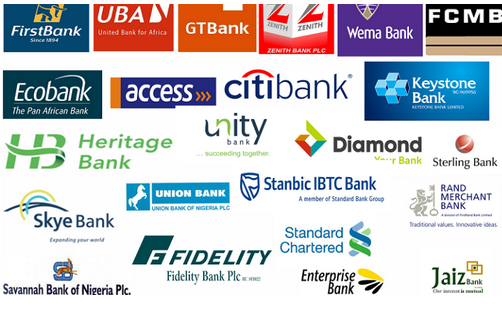The Financial Stability Report for 2016 financial year released by the Central Bank of Nigeria for December 2016 suggests that three out of the 23 banks in the country failed a Capital Adequacy Ratio (CAR) test. This is in the event of a default in inter-bank lending. The apex bank has however explain that the situation arose as a result of the prevailing economic situation in the country which has led to increasing non performing loans saying that the banking system is safe as there is no threat of systemic distress.
The CBN also said that on industry average the financial system is safe. Banks which Capital Adequacy ratio falls below the industry threshold are given time to beef up their shareholders fund.
Inter-bank lending is borrowing between two banks. Two of the banks were Systemically Important Banks (SIBs). However, none of the banks involved were mentioned in the report. SIBs are those classified as too big to fail by the CBN. They include First Bank, Zenith Bank, GTBank, Access Bank, UBA, Skye Bank and Diamond Bank. Of the SIBs, Skye Bank, Diamond and First Bank are yet to release financial statements for the year ended December 2016.
CAR is the ratio of a banks capital to loan exposure. It is also known as Capital to Risk Assets Ratio (CRAR). A fall in the adequacy ratio means that the affected banks may have difficulty in meeting short term needs. The CAR for commercial banks in the country is set at 10 per cent for national banks, 15 per cent for banks with international subsidiaries and 16 per cent for SIBs. The deficient banks will thus be required to raise extra capital.
The report also revealed that smaller banks in the country were more exposed to a risk of default in the oil and gas sector, and that the banking industry as a whole would fall below CAR requirements if there was a 200 per cent spike in non performing loans (NPLs).
CBN stated in the report that the banking industry was safe and sound, the industry had a very challenging year 2016. The economic recession, drop in crude oil prices as well as the looming power sector crisis left most banks in the country exposed on several fronts.

